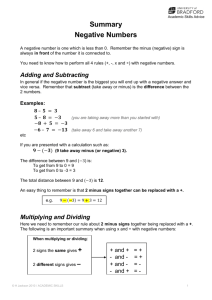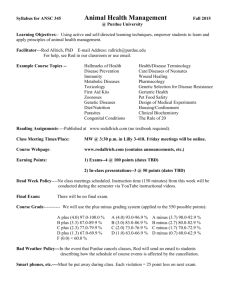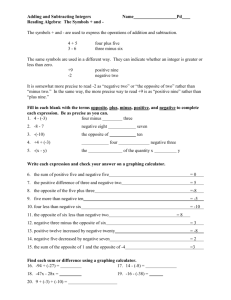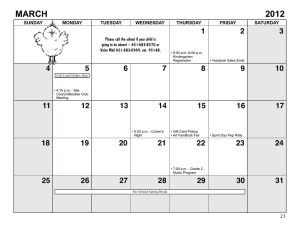Homily for Epiphany Sunday, January 2, 2011. Fr. Joseph. T...
advertisement
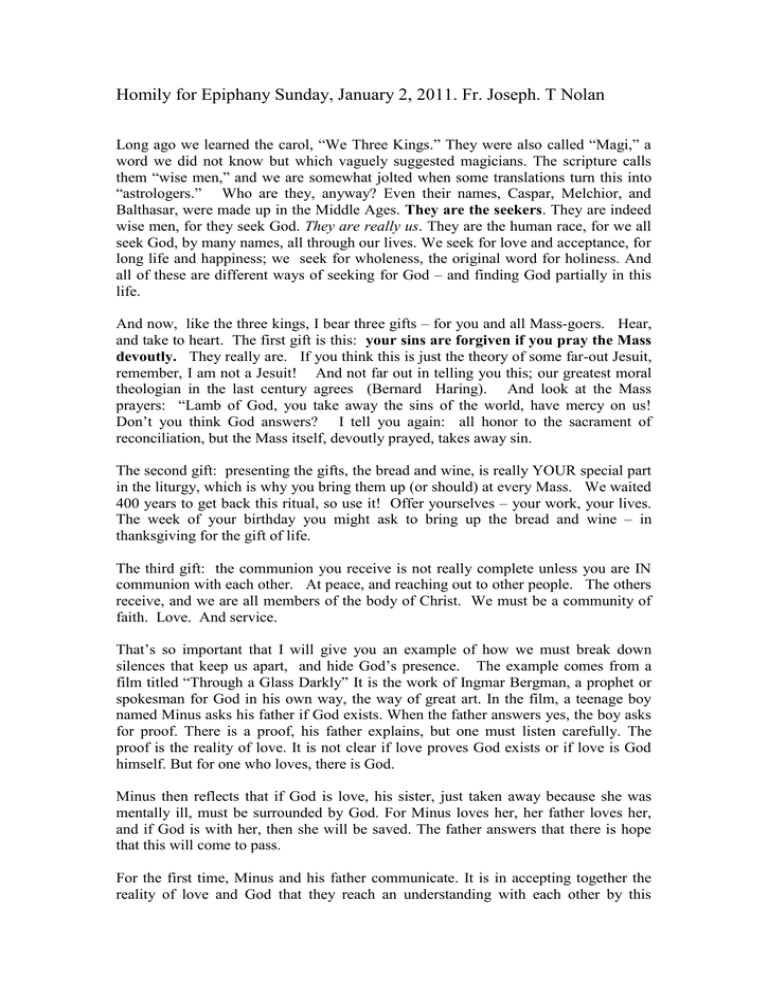
Homily for Epiphany Sunday, January 2, 2011. Fr. Joseph. T Nolan Long ago we learned the carol, “We Three Kings.” They were also called “Magi,” a word we did not know but which vaguely suggested magicians. The scripture calls them “wise men,” and we are somewhat jolted when some translations turn this into “astrologers.” Who are they, anyway? Even their names, Caspar, Melchior, and Balthasar, were made up in the Middle Ages. They are the seekers. They are indeed wise men, for they seek God. They are really us. They are the human race, for we all seek God, by many names, all through our lives. We seek for love and acceptance, for long life and happiness; we seek for wholeness, the original word for holiness. And all of these are different ways of seeking for God – and finding God partially in this life. And now, like the three kings, I bear three gifts – for you and all Mass-goers. Hear, and take to heart. The first gift is this: your sins are forgiven if you pray the Mass devoutly. They really are. If you think this is just the theory of some far-out Jesuit, remember, I am not a Jesuit! And not far out in telling you this; our greatest moral theologian in the last century agrees (Bernard Haring). And look at the Mass prayers: “Lamb of God, you take away the sins of the world, have mercy on us! Don’t you think God answers? I tell you again: all honor to the sacrament of reconciliation, but the Mass itself, devoutly prayed, takes away sin. The second gift: presenting the gifts, the bread and wine, is really YOUR special part in the liturgy, which is why you bring them up (or should) at every Mass. We waited 400 years to get back this ritual, so use it! Offer yourselves – your work, your lives. The week of your birthday you might ask to bring up the bread and wine – in thanksgiving for the gift of life. The third gift: the communion you receive is not really complete unless you are IN communion with each other. At peace, and reaching out to other people. The others receive, and we are all members of the body of Christ. We must be a community of faith. Love. And service. That’s so important that I will give you an example of how we must break down silences that keep us apart, and hide God’s presence. The example comes from a film titled “Through a Glass Darkly” It is the work of Ingmar Bergman, a prophet or spokesman for God in his own way, the way of great art. In the film, a teenage boy named Minus asks his father if God exists. When the father answers yes, the boy asks for proof. There is a proof, his father explains, but one must listen carefully. The proof is the reality of love. It is not clear if love proves God exists or if love is God himself. But for one who loves, there is God. Minus then reflects that if God is love, his sister, just taken away because she was mentally ill, must be surrounded by God. For Minus loves her, her father loves her, and if God is with her, then she will be saved. The father answers that there is hope that this will come to pass. For the first time, Minus and his father communicate. It is in accepting together the reality of love and God that they reach an understanding with each other by this communication. In the final words of the picture, Minus, who is alone, says to himself in wonder and happiness, “Papa talked to me.” A person’s search for belonging, and for a God in the universe who speaks to us in revelation, is expressed in those few words. God speaks to us only if we speak to each other. The word of God was spoken in the midst of human words. It is this Word made flesh, and living by the spirit in our flesh, that invites us to speak to each other. To live in communion. This is the lesson from Christmas and Epiphany – and for all the days we live.
